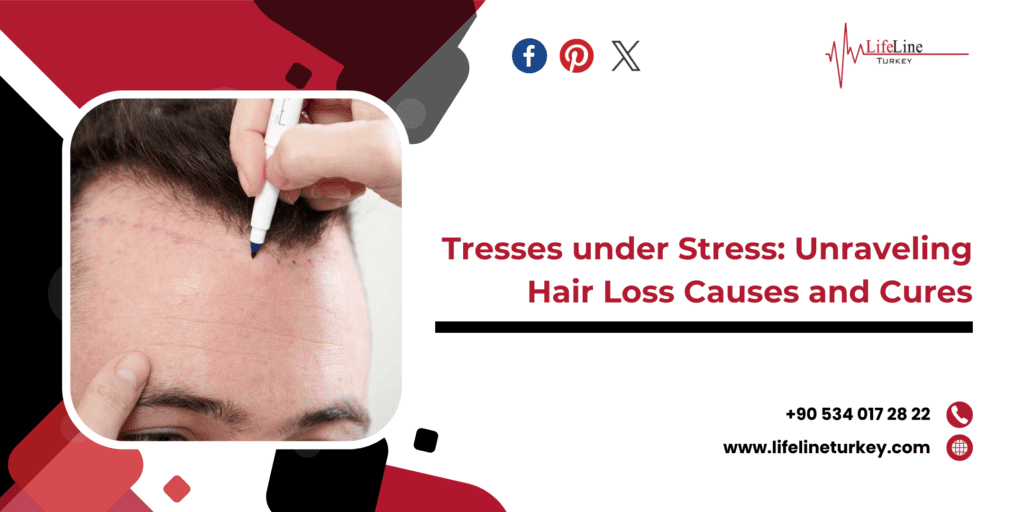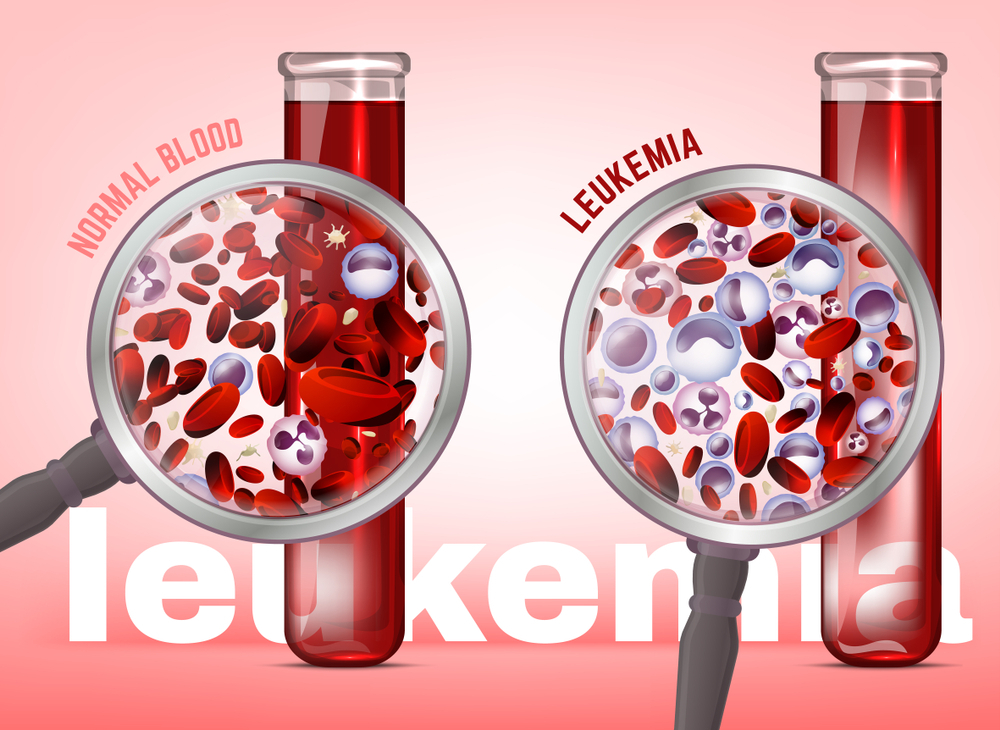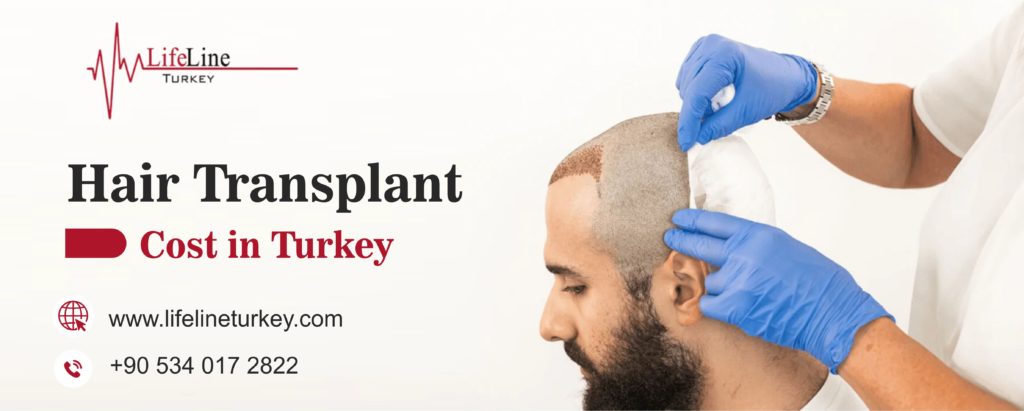Hair loss, a concern that has troubled humanity for ages, has gained even more attention in today’s stress-laden world. Our locks, often considered a reflection of our health and beauty, can succumb to various factors leading to hair loss. From genetics to lifestyle choices, several variables come into play. Hair loss can be a source of profound distress, leading to questions about its causes and, more importantly, its potential cures.
In this comprehensive guide, we delve into the intricacies of hair loss, exploring its causes and unveiling potential remedies, and learn about Fut Hair Transplant Istanbul.
The Anatomy of Hair
To understand hair loss, we must first grasp the fundamentals of hair itself. Hair, though seemingly simple, has a complex structure. It grows from follicles embedded in the scalp, comprising a hair shaft, sebaceous gland, and arrector pili muscle. The hair shaft consists primarily of a protein called keratin. This keratin forms a protective covering for the delicate inner layers of the hair.
Types of Hair Loss
Hair loss isn’t a one-size-fits-all condition. There are various types, each with its distinct causes and manifestations. The most common forms include:
- Androgenetic Alopecia: Also known as male and female pattern baldness, this hereditary condition is responsible for most hair loss cases. It involves shrinking hair follicles, leading to thinner and shorter hair until it ceases to grow altogether.
- Telogen Effluvium: Stress, illness, or medication are frequently to blame for this type of hair loss. It disrupts the hair’s natural growth cycle, pushing more hair into the shedding phase and causing sudden and severe hair thinning.
- Alopecia Areata: An autoimmune disorder where the immune system attacks hair follicles, resulting in hair loss in small, round patches.
- Traction Alopecia: Caused by excessive tension on hair follicles, often from tight hairstyles, weaves, or hair extensions.
- Scarring Alopecia: Irreversible hair loss from scarring due to lupus, fungal infections, or burns.
Understanding the Causes
Hair loss doesn’t have a one-size-fits-all cause. Multiple factors, both intrinsic and extrinsic, can contribute. Here are some of the key culprits:
Genetics
Genetic factors are pivotal in hair loss, particularly in androgenetic alopecia. This condition follows a hereditary pattern, with specific genes making some individuals more susceptible. It’s not solely reliant on the maternal or paternal side; it’s a complex interplay of multiple genes.
Hormonal Changes and Hair Loss
Hormonal changes can significantly impact hair health. Elevated androgens (male hormones) can cause hair thinning or loss in women. Conditions like polycystic ovary syndrome (PCOS) can lead to an overproduction of androgens, disrupting the hair growth cycle.
During menopause, the decrease in estrogen levels and the relative increase in androgens can lead to hair loss in women. As men age, a surge in dihydrotestosterone (DHT) levels contributes to male pattern baldness.
Stress
Stress-induced hair loss, known as telogen effluvium, occurs when severe stressors like illness, trauma, or emotional strain push many hair follicles into the resting (telogen) phase. It can result in noticeable hair shedding within a few months.
Nutritional Deficiencies
Poor nutrition, particularly deficiencies in iron, biotin, and protein, can weaken hair, making it more susceptible to breakage and thinning. Ensuring a balanced diet with these essential nutrients is crucial for maintaining healthy locks.
Medications and Hair Loss
Certain medications, including chemotherapy, antidepressants, and blood thinners, can lead to hair loss as a side effect. The mechanism varies, but some drugs disrupt the normal hair growth cycle, causing hair to fall out prematurely.
Hairstyling Practices and Hair Loss
Hairstyling practices, such as excessive heat styling, chemical treatments (like bleaching or perming), and tight hairstyles (like cornrows or tight ponytails), can cause physical damage to the hair shaft and follicles. Over time, this can lead to hair thinning and breakage.
Medical Conditions and Hair Loss
Autoimmune diseases like lupus can cause hair loss through inflammation and scarring of the hair follicles. Fungal infections of the scalp can also lead to hair loss, as can burns or trauma to the scalp area.
Cures and Treatments
Minoxidil (Rogaine)
Minoxidil is a topical over-the-counter treatment that is available in various strengths. It works by increasing blood flow to the hair follicles, which can promote hair growth. While it’s effective for many, results vary and must be used consistently to maintain benefits.
Finasteride (Propecia)
Finasteride is an oral prescription medication designed to inhibit the production of DHT, the hormone responsible for male pattern baldness. It’s generally effective for slowing hair loss and promoting regrowth, especially in men.
Hair Transplants
A hair transplant in Istanbul is a surgical procedure that involves transplanting healthy hair follicles from one part of the scalp (usually the back or sides) to the areas with thinning or no hair. It is a highly effective but more invasive option for hair restoration.
Low-Level Laser Therapy (LLLT)
LLLT involves using low-level lasers or light-emitting diodes to stimulate hair follicles. It’s available in various forms, including laser combs and helmets for home use. This non-invasive treatment can improve hair density over time.
Platelet-Rich Plasma (PRP) Therapy
PRP therapy is an innovative procedure that involves extracting and concentrating platelets from your blood and injecting them into the scalp. These platelets contain growth factors that stimulate hair follicles, potentially promoting hair growth.
Natural Remedies and Lifestyle Changes
Natural remedies and lifestyle adjustments can complement medical treatments:
- Essential Oils: Some essential oils like lavender and rosemary may help promote hair growth when applied topically.
- Scalp Massages: Regular massages can improve blood circulation to the scalp, promoting hair health.
- Dietary Changes: Consuming foods rich in omega-3 fatty acids, biotin, and iron can contribute to healthier hair.
- Stress Reduction: Incorporating stress-reduction techniques into your daily routine, such as yoga and meditation, can benefit overall hair health.
Wigs and Hairpieces
Wigs and hairpieces offer a convenient and non-invasive option for those who desire an immediate solution to cover hair loss. They come in various styles and materials, providing a natural look.
Prevention is Key
While treatments offer hope for those already experiencing hair loss, prevention is always the best strategy. Here are some tips to maintain healthy tresses:
- Balanced Diet: To nourish your hair, consume a diet rich in vitamins, minerals, and proteins.
- Stress Management: Practice stress-reduction techniques like yoga, meditation, or deep breathing exercises.
- Gentle Hair Care: Avoid harsh hairstyling practices and excessive heat. Use sulfate-free shampoos and conditioners.
- Regular Scalp Care: To promote optimal hair growth, keep your scalp clean and healthy.
- Avoid Tight Hairstyles: Give your hair a break from tight hairstyles to prevent traction alopecia.
Permanent Solution for Hair Loss
If the causes of hair loss cannot be determined and are genetic, hair transplant surgery may be the best option.
Since the procedure is permanent, you will no longer have to be concerned about baldness. You should consult Lifeline Turkey, where hair implantation can be performed swiftly, safely, and most importantly, comfortably. Determine your eligibility for the Fut hair Transplant Turkey here.



